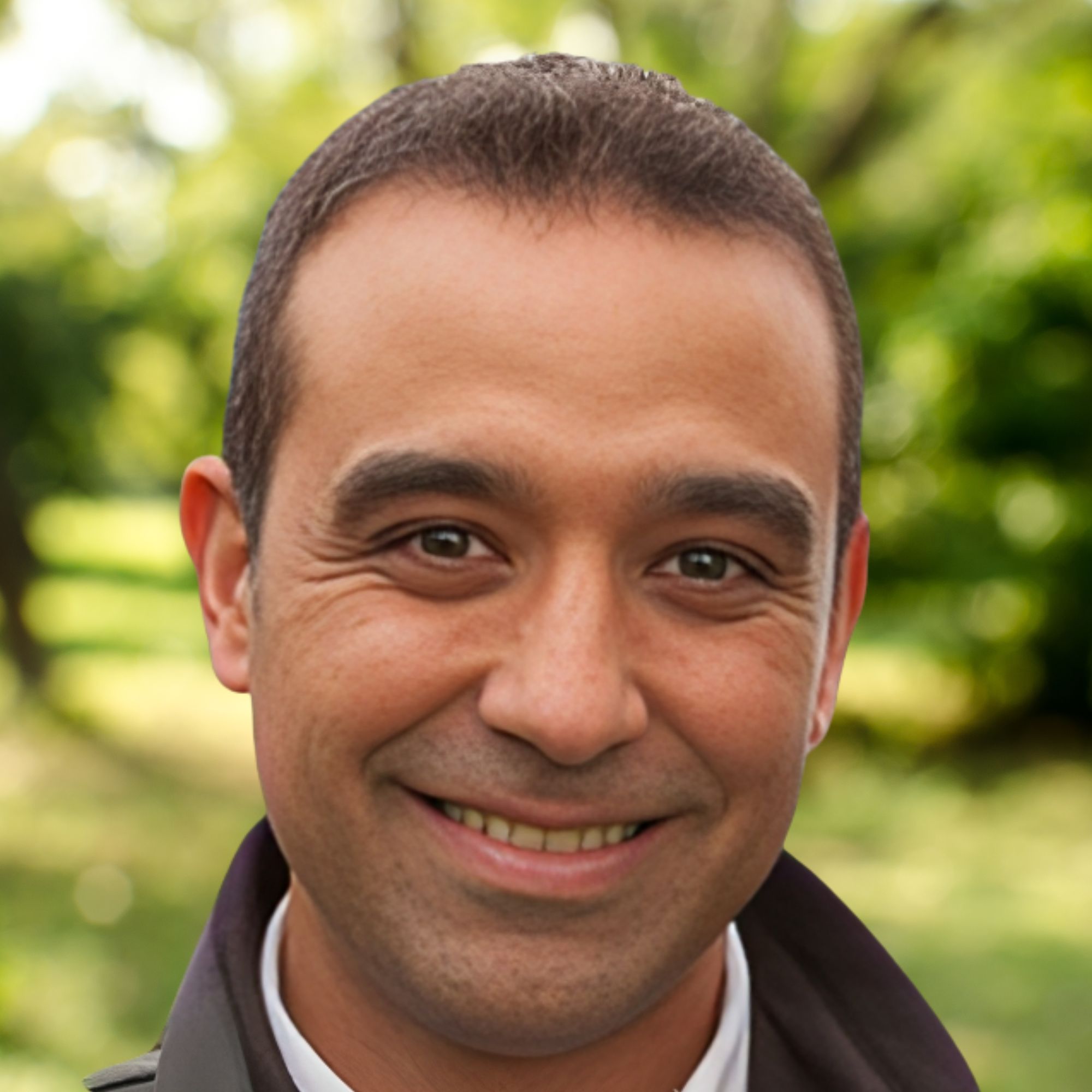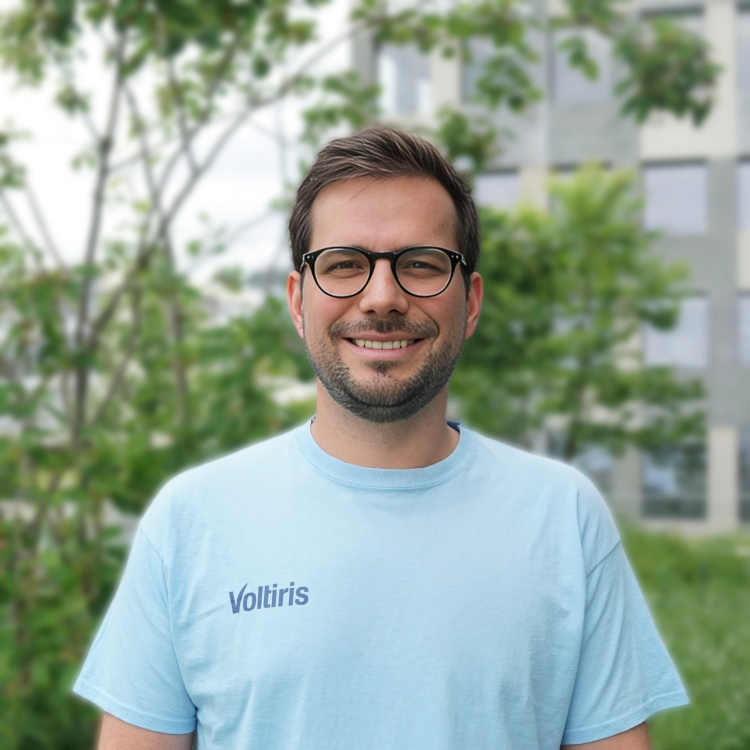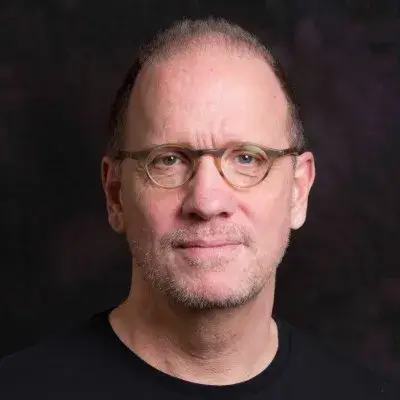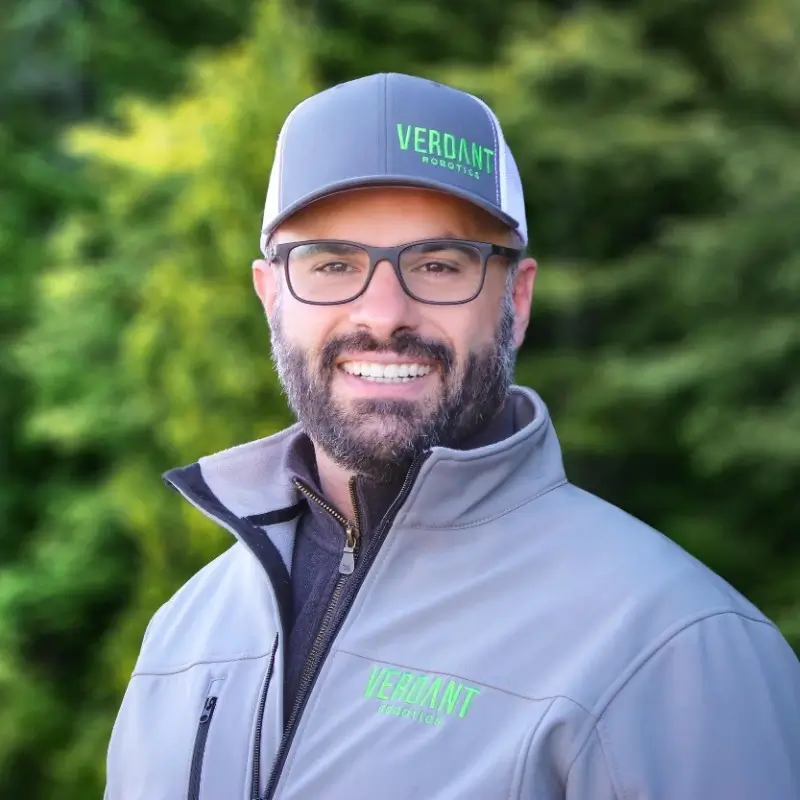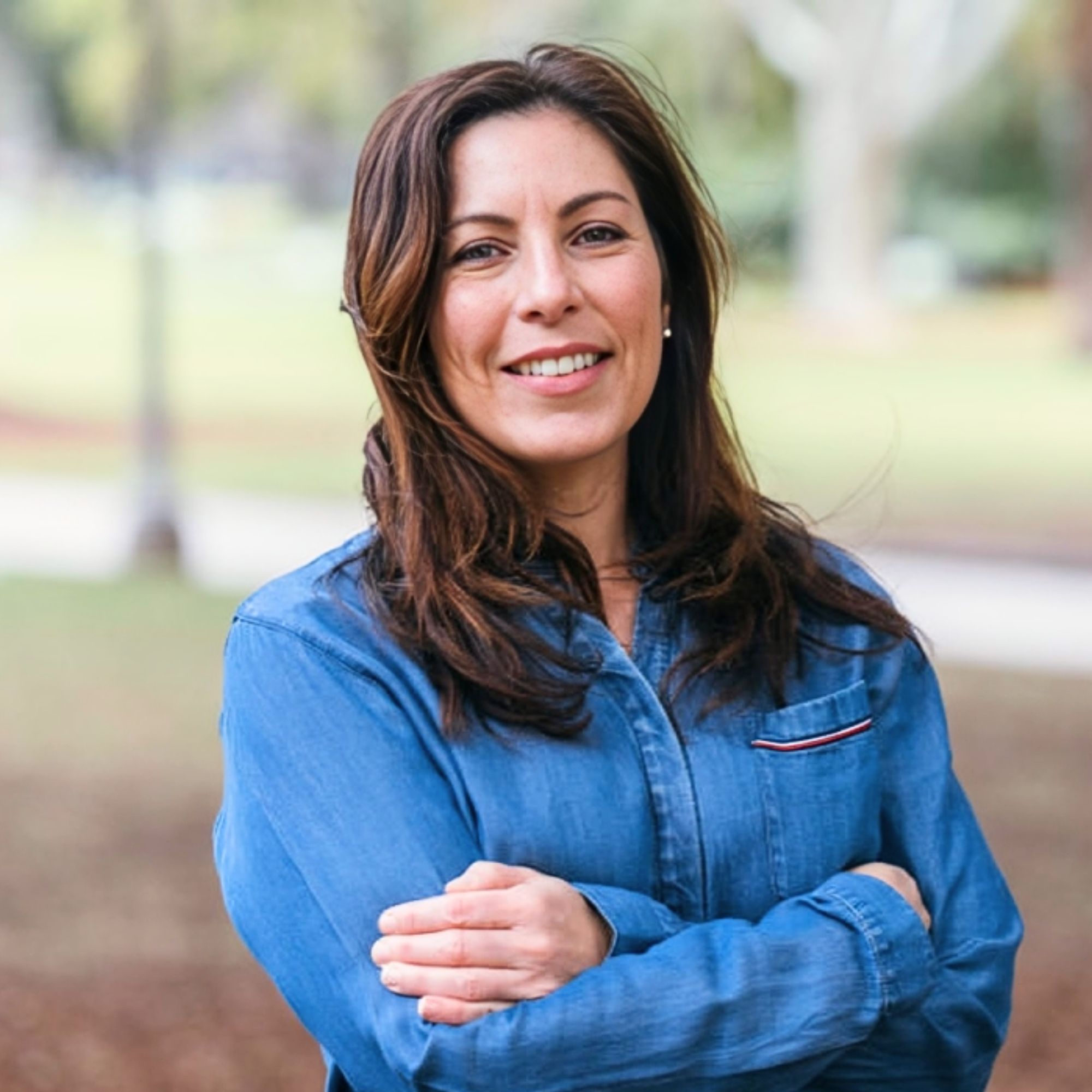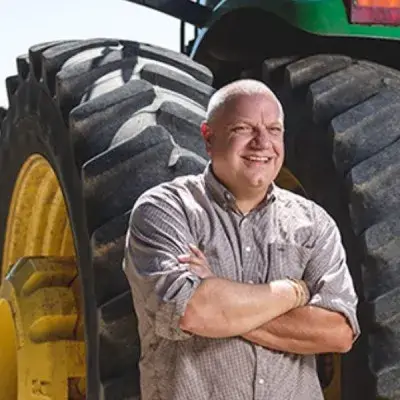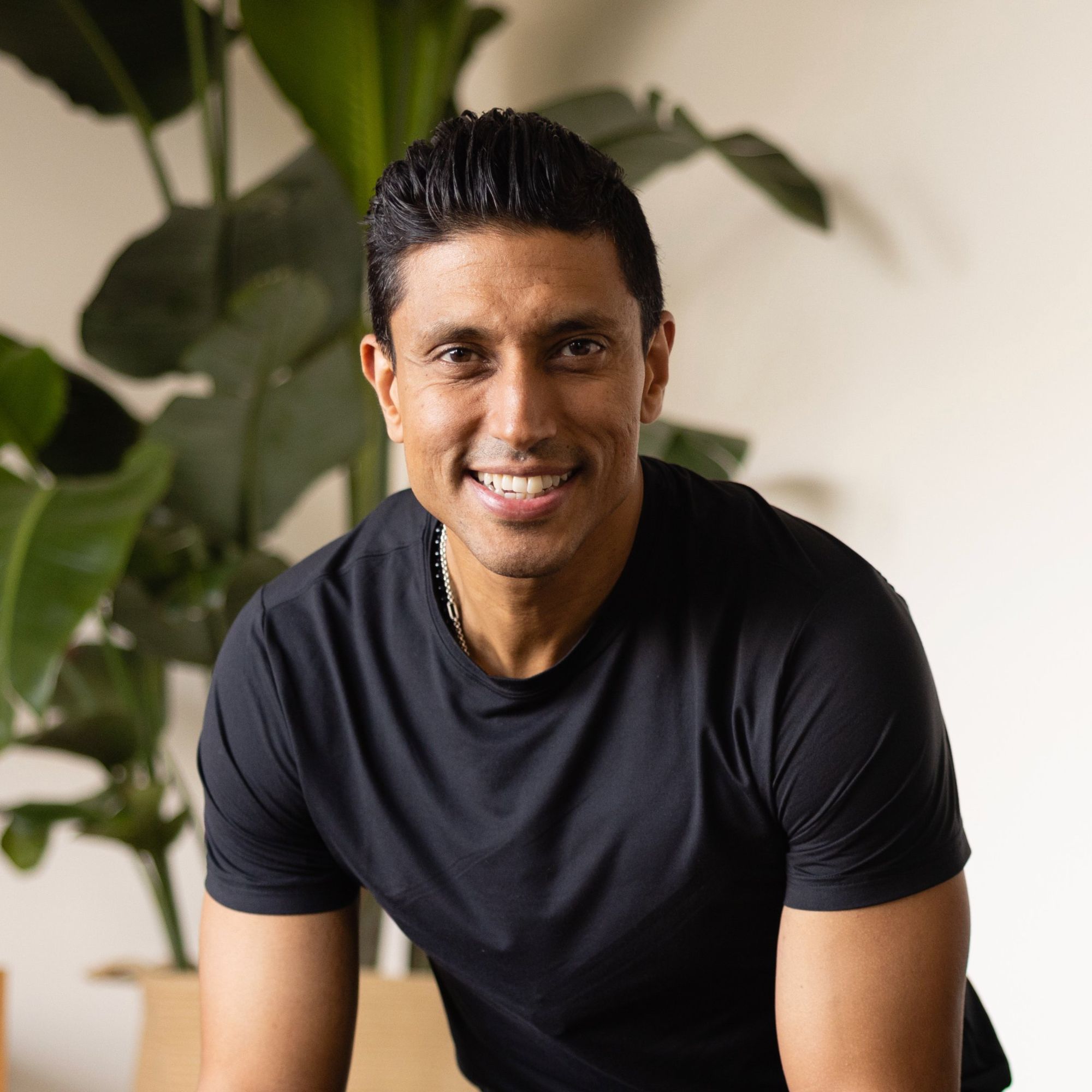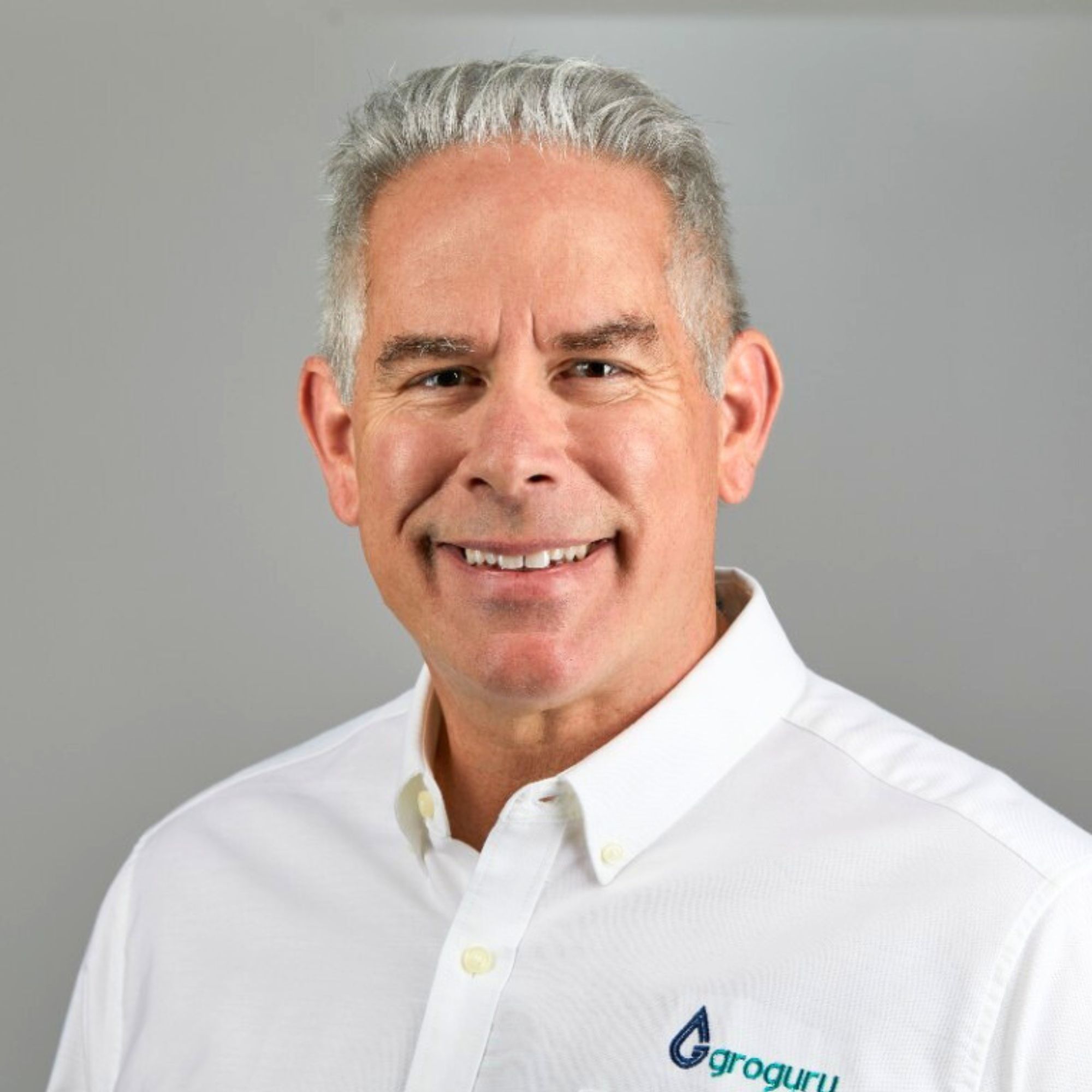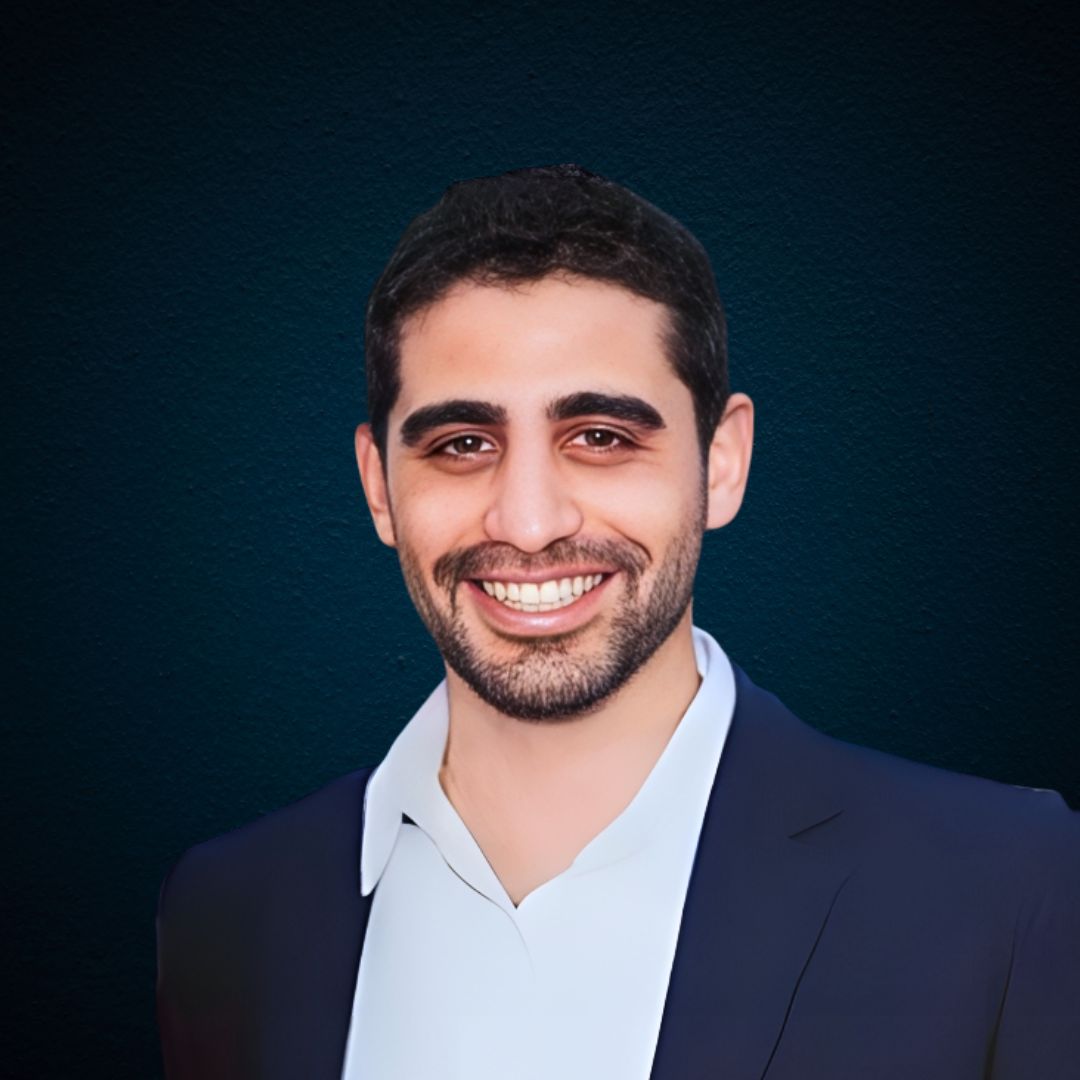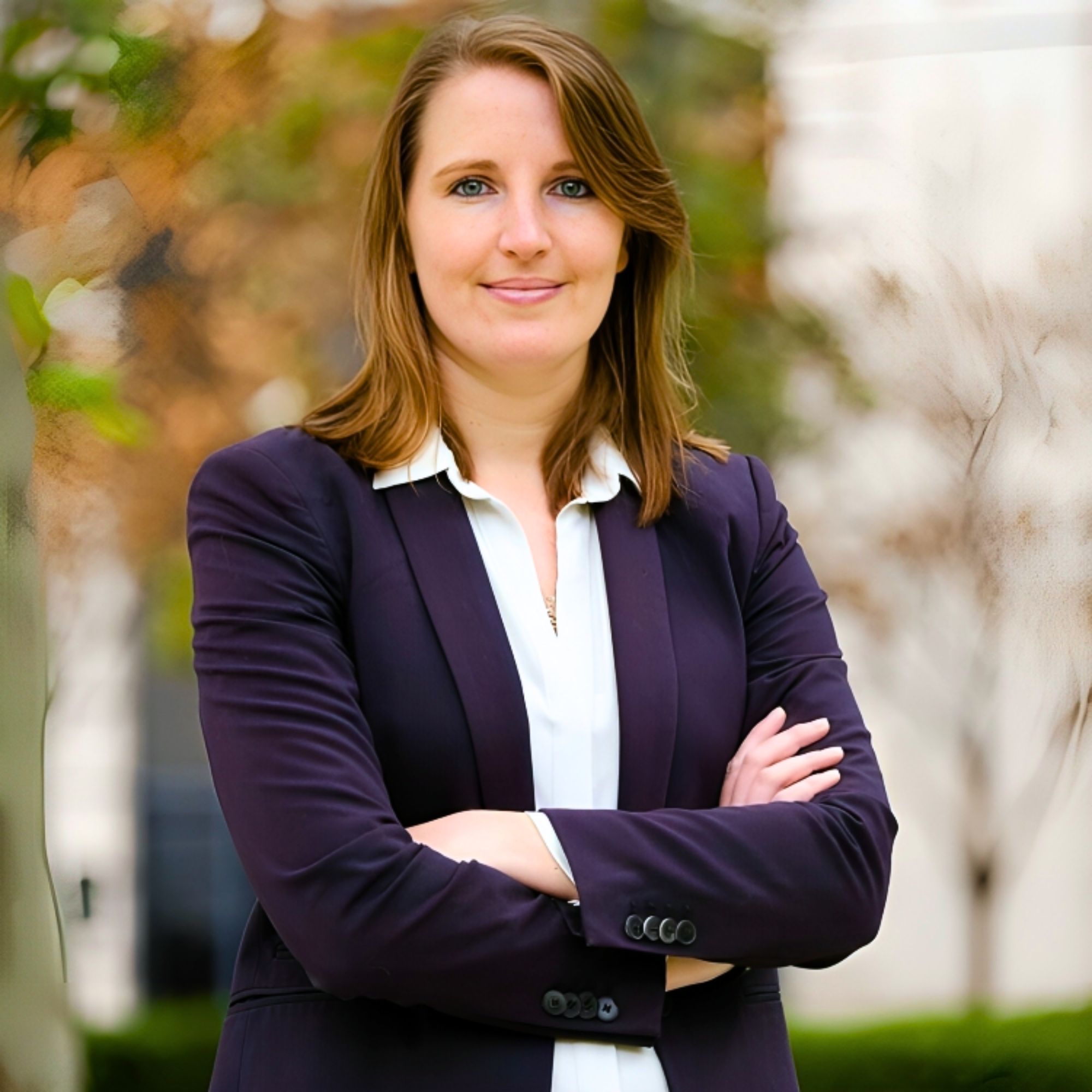Ready to build your own Founder-Led Growth engine? Book a Strategy Call

Frontlines.io | Where B2B Founders Talk GTM.
Strategic Communications Advisory For Visionary Founders
Actionable
Takeaways
Maximize every dollar with guerrilla discipline:
Bryson's entertainment background taught him to extract maximum value from limited resources. Coming from TV, film, and music where budgets are constrained, he learned to "maximize every single thing that I have, like every cent I have, every piece of collateral that I have." Even with a $500K annual budget at Eden Green, he maintains this maximize-every-dollar mentality. B2B founders should adopt this scrappy approach regardless of budget size, treating each marketing dollar as precious and demanding clear value from every expenditure.
Consolidate channels before expanding:
When Bryson started at Eden Green, they were "spread out wide, but not doing really any of them very well." He consolidated to four core platforms—LinkedIn, YouTube, Instagram, and TikTok—completely cutting Facebook which was "a black hole of nothingness." This consolidation allowed deeper investment in fewer channels. B2B founders should resist the temptation to maintain presence everywhere and instead focus resources on platforms where they can actually win and measure results.
Define channel-specific success metrics:
Bryson positioned TikTok explicitly as a recruitment tool, not customer acquisition, which allowed him to declare success when it brought in job applicants rather than sales leads. He noted that "if you were looking on a financial side of like a return on investment, like bringing a new client, then you wouldn't consider it a win." B2B founders should set clear, differentiated goals for each channel before launch, ensuring stakeholders understand that not every platform needs to generate direct revenue to deliver value.
Hire native experts for unfamiliar platforms:
Rather than pretending to understand TikTok, Bryson brought in a 19-year-old who "lived in TikTok, he lived in that world." He gave this team member freedom to chase trends and create content suited to the platform's culture. Bryson explained, "TikTok is built for that. That's what it's made for. It's made for quick, trendy, funny, hilarious things." B2B founders should recognize their knowledge gaps and hire people who genuinely understand emerging platforms rather than trying to force existing marketing approaches onto new channels.
Leverage YouTube's preferential Google treatment:
Bryson identified YouTube as "woefully underutilized" in AgTech and noted that "because YouTube is owned by Google, it honestly gets preferential treatment in a lot of these kind of paid ads aspects." Eden Green created educational content with "quirkiness" modeled after Bill Nye and Neil deGrasse Tyson, plus high-production pieces like drone fly-throughs and month-long time lapses. B2B founders should recognize YouTube's dual advantage as both a content platform and an SEO asset that Google's algorithm favors.
Humanize brands through long-form content:
Bryson observed that "in a world of AI, in a world of short attention spans and the digitalization of everything, people are starting to actually crave the human side again." He advocates for mid-to-long form content that allows authentic storytelling versus quick social snippets. Bryson argues that "YouTube really allows you to do that" in a way that builds trust through "a real face behind the brand." B2B founders should invest in conversational, long-form content that reveals the humans behind their company rather than relying solely on polished, scripted messaging.
Build experimentation into your culture:
Bryson describes his approach as "everything is really just one big experiment" where he constantly cycles through "try something, look at the analytics, adjust." He gave his SEO agency freedom to experiment, telling them "worst case that happens is it doesn't work, but we'll know in a month." This requires trusting specialists and removing yourself as a blocker. B2B founders should frame marketing as continuous experimentation rather than following rigid playbooks, giving teams permission to test new approaches within clear parameters.
Communicate ROI in stakeholder language:
When explaining experimental marketing to CFOs who "want everything very black and white, everything's very binary," Bryson focuses on metrics that matter to each stakeholder. For financial leaders, he shows "conversions, more sessions on our website that are converting" and demonstrates growth trends even when he can't directly tie results to specific experiments. B2B founders should learn to translate marketing results into the specific metrics and language that resonate with different executive audiences.
Conversation
Highlights
Eden Green Technology is transforming agriculture through advanced vertical farming technology, bringing sustainable food production into the modern era. With an annual marketing budget of $500,000, the company has built a distinctive presence across multiple channels while competing in the traditionally uncreative AgTech space. In a recent episode of Category Visionaries, we sat down with Bryson Funk, Marketing Director of Eden Green Technology, to learn about his unconventional path from music industry to B2B marketing and how his guerrilla marketing philosophy drives results in a sector that desperately needs creative differentiation.
Topics Discussed:
- Bryson’s transition from pursuing a music career to marketing leadership in AgTech
- The guerrilla marketing mindset developed through entertainment industry budget constraints
- Strategic channel consolidation from widespread presence to a focused “core four” platforms
- TikTok as a recruitment tool rather than customer acquisition channel
- YouTube’s untapped potential for humanizing B2B brands through long-form content
- Building trust through conversational content versus scripted corporate messaging
- The experimental approach to marketing in an era of rapid change

